We’re making the ultimate sacrifice to prove our virtue
Russia’s invasion of Ukraine is not to blame for our energy crisis – we did this to ourselves.
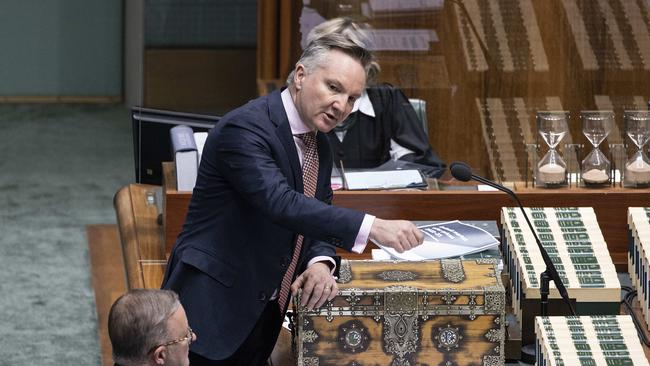
For instance, a practical person would respond to repeated flooding by putting their house on stilts or rebuilding on higher ground, while a climate catastrophist tends to see this as a prompt to promote electric cars and solar panels.
One will help. The other will not.
In a similar vein, the impractical climate alarmists and the Albanese Labor government have taken the warning implicit in soaring gas and coal prices after Russia’s invasion of Ukraine as evidence we need to accelerate the weaning of our nation from fossil fuels.
Realists, on the other hand, would conclude that the high demand driving those price hikes is a clear demonstration of global reliance on fossil fuels and the inadequacy of available alternatives.
It is tempting to think of the pathetic blame-shifting for our energy crisis to the Ukraine situation as a cynical excuse – what sane person would actually try to fit up Vladimir Putin for an Australian electricity grid that has insufficient dispatchable generation?
But we should suspend our incredulity – some of these people seem to believe this stuff, or at least have convinced themselves.
Labor’s Climate Change and Energy Minister, Chris Bowen, has revealed himself to be the high priest of our national energy transition. With the hubris of a zealot, he is on a crusade to save the planet and is happy to rip out the heart of the national economy on the altar of net zero.
All cocksure and sanctimonious, he told an energy conference earlier this month about the investments required to deliver on the emissions reduction goals he has pledged to the UN. Bowen said we would need to install 40 massive wind turbines every month until 2030 – more than a wind turbine a day for eight years.
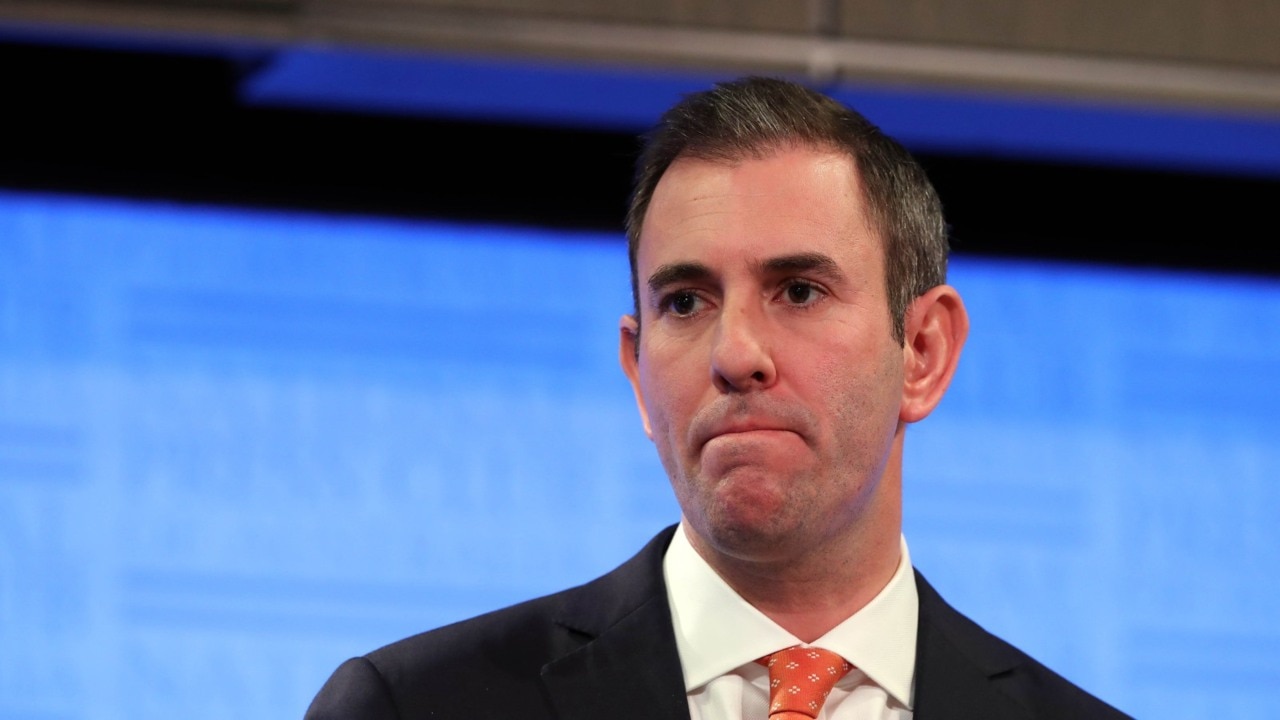
“For solar,” he added, “we still need to install more than 22,000 500-watt panels every day.” This means building in enough 2.4m x 1.2m solar panels to stretch, end to end, more than 52km, every day. Bowen wants to fund and approve 28,000km of transmission lines to link up renewable energy projects around the country.
Think of the protests and delays. Think of the landscapes and the cost.
When you consider how these regulated, guaranteed, profitmaking assets will be encouraged to provide electricity that cannot be stored and therefore must be mirrored by an equivalent amount of dispatchable generation, you realise this transition will not happen as currently outlined.
It has been attempted in many countries and places so far, and all of them have ended up in an energy cost and supply crisis – just look to Germany, Spain, Britain or California. No one, save for the hydro-electricity powerhouses of Norway, New Zealand and Tasmania, has been able to make renewables plus storage work.
And the government, Greens, teals, climate activists, public broadcasters and Liberal “moderates” pretend our problem is Russian imperialism in eastern Europe.
The renewable transition will not happen within the next two decades; it is too expensive and too impractical.
We have politicians in charge of the Treasury benches who simply do not understand the practical madness of their ideological goals.
We are an energy-rich nation. Our globally significant coal, gas and uranium resources constitute our greatest natural economic advantage and make us the envy of most other countries.
Yet we have decided to surrender our advantage. We have chosen to make the ultimate sacrifice, embracing energy poverty to prove our virtue, while exporting our energy resources for others to enjoy.
What sort of a country would indulge in this self-harm? It only can be one that has forgotten the necessity of rational thought and has wallowed in so much good fortune that it has forgotten the need for hard work and vigilance.
I have been watching this unfold and writing about the delusion for a decade or more. It is like watching a friend ignore kind-hearted interventions year after year as they destroy their life with drugs and indolence.
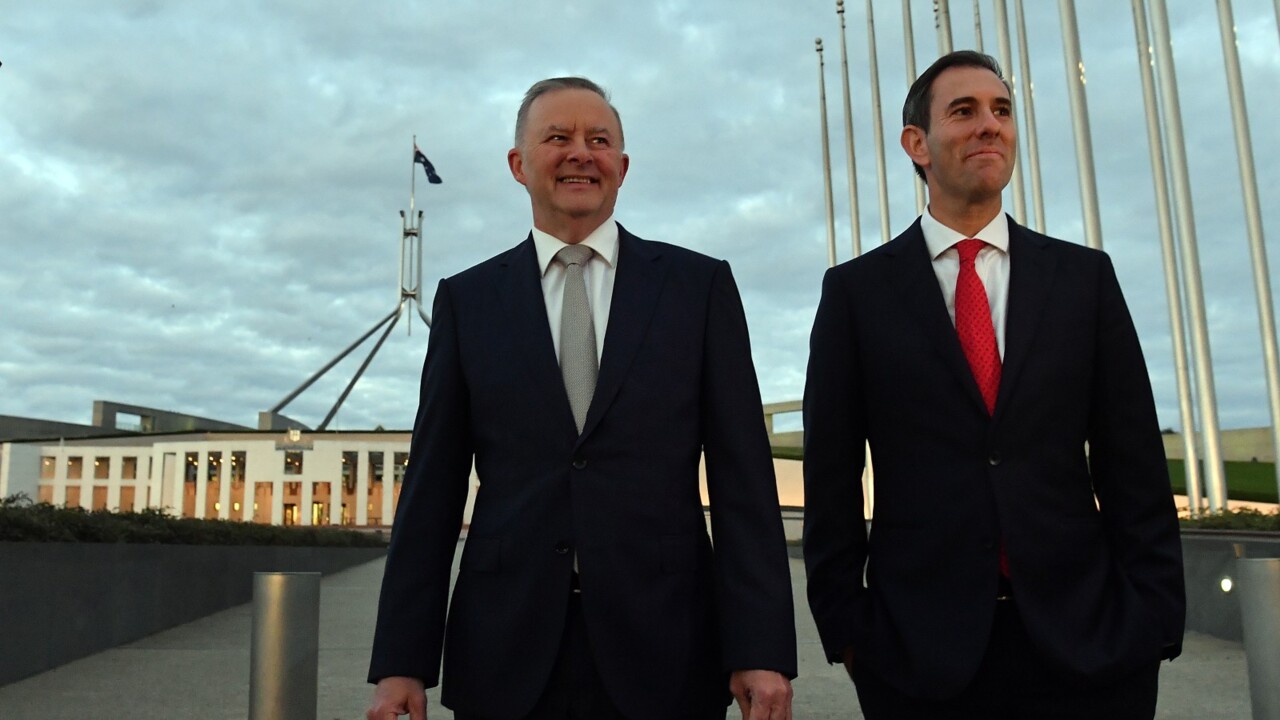
Even now, when we are face-to-face with damaging electricity price increases and actual shortages of supply, the zealots declare that the answer to our woes is to double down on the renewables that have created this fiasco.
Since their socialist economic ideals proved unworkable (remember Kevin Rudd’s call for social democrats to “save capitalism from itself”?), they pour all their zeal into an energy transformation to deliver on the modest little goal of saving the planet.
They seem not to comprehend that affordable, reliable energy was central to both the capitalist and socialist models – only the capitalists were better at providing it. Now energy has fallen victim to ideological posturing.
All this is compounded in a country and an age where no fact, no knowledge is considered relevant if it predates Twitter. Instead of taking our best guide from what we know happened in the past, we think we know better.
The fact higher floods, longer droughts and deadlier fires have tested us in the past is deliberately unremembered to support a catastrophist version of the present. And investors in sure-fire, government-guaranteed renewables do not stop to consider the fundamentals of our economy.
Even esteemed climate campaigner and former Hawke government adviser Ross Garnaut seems to have forgotten his own crucial findings from his seminal 1989 work on how our economy should benefit from integration with northeast Asia.
Back then, Garnaut noted our energy advantage – “greater abundance and a lower cost” – and wrote about emissions and air pollution from energy generation and resource refinement was easier to manage on our sparsely populated continent because they are “difficult to manage well in densely populated” environments.
What were advantages in 1989 were surrendered by 2009, which might be fine if the world were cutting emissions. But, as we all know, our costly efforts to reduce greenhouse gas emissions are environmentally impotent because global emissions continue to grow.
To mention any of these realities in the current environment is to invite smears of “climate denialism” as teal so-called independent Zali Steggall threw my way last week. This goes to the schism in our society; where Steggall poses on climate in a wealthy electorate where people tend not to feel electricity-bill pain or surrender land to wind and solar farms.
Meanwhile, mainstream families weigh kitchen-table financial choices between food, clothes and power bills. Steggall and her ilk push policies that put power prices up from electorates where people spend more each year on hair styling than working families have to find savings for their power bills.
Somehow Labor, the Greens and the teals have ended up on the side of hairdressing and Teslas rather than working families.
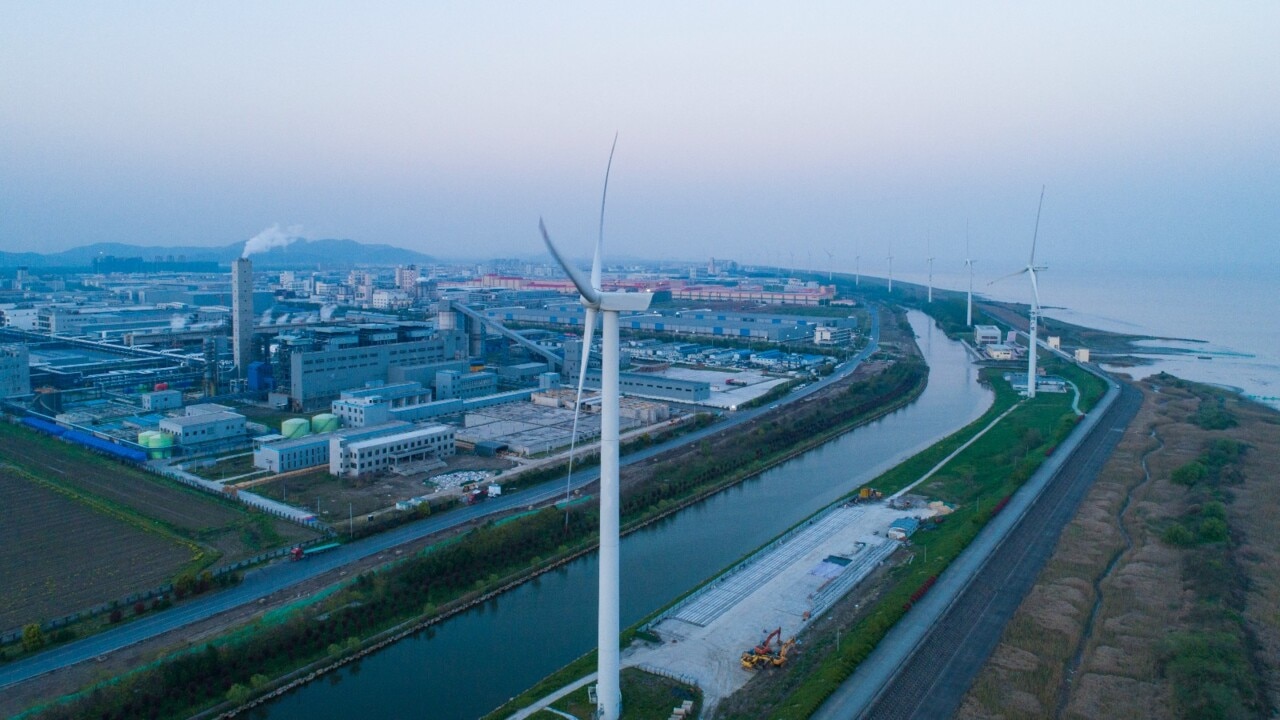
This is the political opportunity and national calling of the Coalition, to support sense over sanctimony, mainstream families over woke elites, and practical policies over virtue signalling.
Peter Dutton started to part the waters on this debate on Thursday night, arguing we need to consider nuclear energy as the reliable, affordable and emissions-free panacea. This is an argument worth having and a reform worth delivering.
In Britain and France, the Ukraine crunch has prompted decisions to expand already significant nuclear programs. In Germany, nuclear plants slated for retirement had their lives extended.
Dutton will have his work cut out, though, because this is an area where the postmodern aversion to facts is palpable. Too often it is feelings and ideology that matter most, not reality.
On Thursday morning, for instance, with normal media talking to families and businesses suffering from skyrocketing power prices, the ABC’s Radio National Breakfast chose to interview Mike Cannon-Brookes, the climate activist billionaire who has bought a huge chunk of AGL to prosecute his renewable energy goals while collecting profits from energy price rises.
Despite Cannon-Brookes’s obvious interests, the interviewer, Patricia Karvelas, was not antagonistic, probing or even sceptical.
Cannon-Brookes declared our electricity price rises could be blamed on the Ukraine invasion alone and claimed the Australian states with the highest renewables penetration had the lowest power prices.
Anyone who has the slightest idea about the nation’s energy market would have known instantly what tosh this was, but it was not challenged on the ABC.
For the record, the states with the highest renewables penetration are Tasmania and South Australia – streets ahead of the others. And the states with the highest electricity prices are, wait for it, Tasmania and South Australia – streets ahead of the rest.
But this is the media sidebar that may explain the bigger issue. So long as our debate is as fact-free and politically driven as it is, how can we ever manage an issue as complicated and important as reshaping our electricity grid?


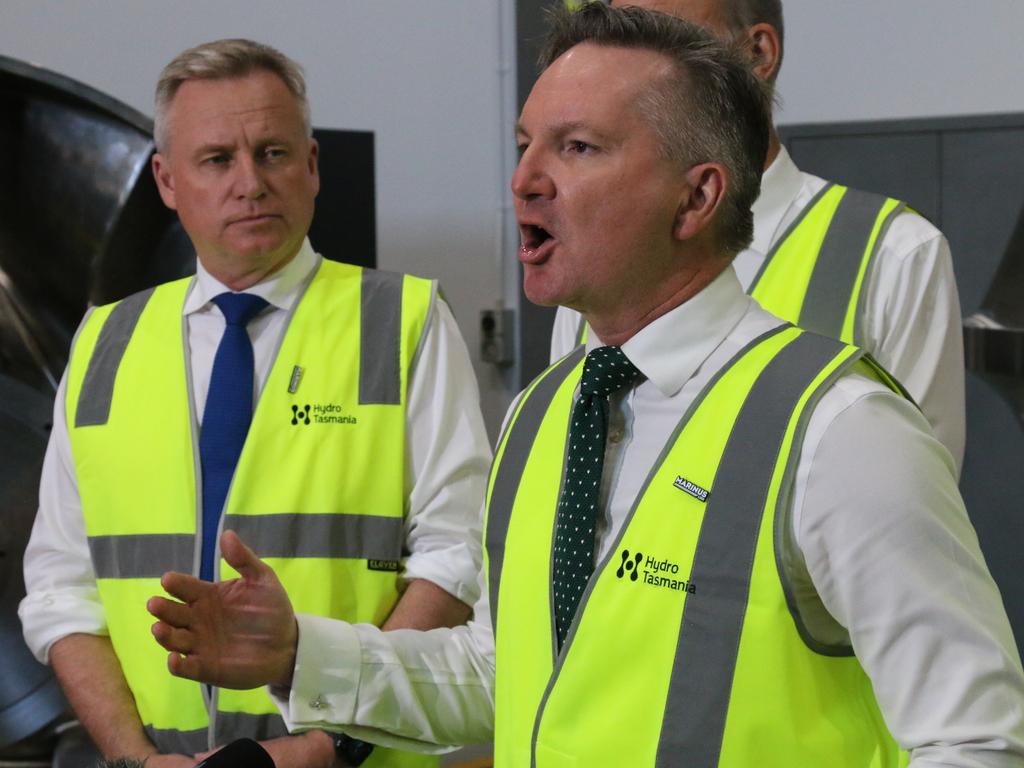

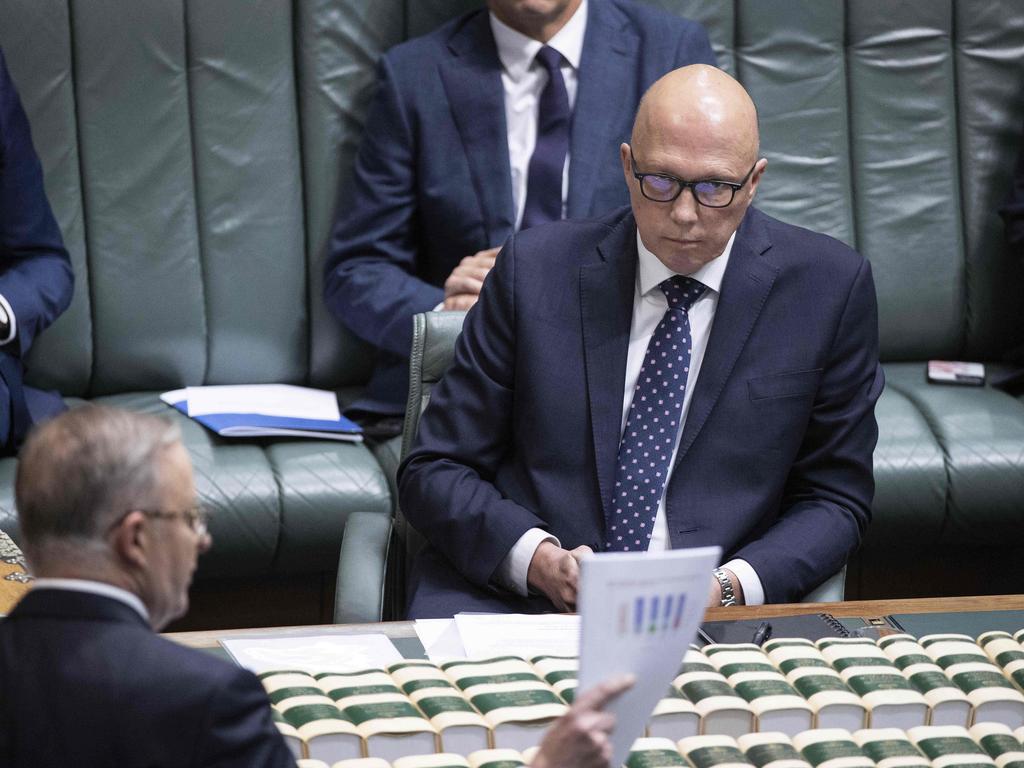


The trouble with cautionary events is that people can take different lessons from the same warnings, and entirely the wrong ones.